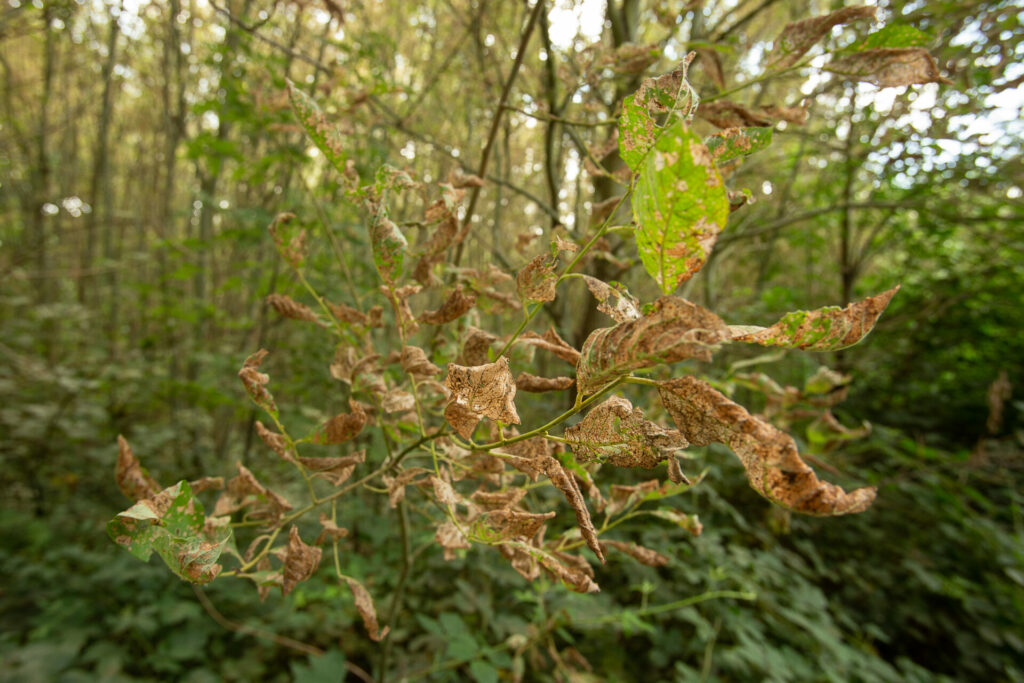The share of damaged trees in forests in Flanders has reached the highest level in almost 30 years, as more than a quarter of forest trees in the region suffered the effects of climate change.
Almost 27% of forest trees in Flanders are damaged, the forest vitality index monitoring the quality of Flemish forests showed on Thursday. This is the highest percentage since 1995 when 33.2% of trees were no longer in a prime state.
Trees are recorded as damaged when they have lost more than a quarter of their leaves or needles. When many trees in a forest are damaged, this indicates a poorly balanced forest ecosystem, according to the Institute of Nature and Forest Research (INBO).
The institute pointed to the long periods of drought in Belgium last year, which not only resulted in early leaf loss but also in leaf and needle discolouration due to the lack of rainfall and long periods of heat.
Related News
- European forests lose colour due to climate change
- Belgium facing water shortages as 'dry season' begins with no reserves
The share of damaged trees has been increasing again since 2008, excluding 2021, when the share dropped to 19.9%. Drought also contributed to the declining health of trees in 2018, 2019 and 2020, while 2021 was marked by more rainfall.
The most damaged species are Corsican pine and pedunculate oak, of which 39% and 36% are damaged, respectively. For beech, the figure stands at 27%.
Forest health is also affected by atmospheric depositions, climate change, forest management and natural factors such as insects and fungi, among others.

